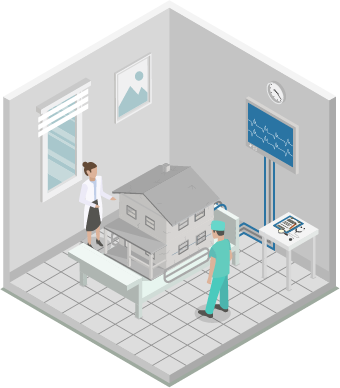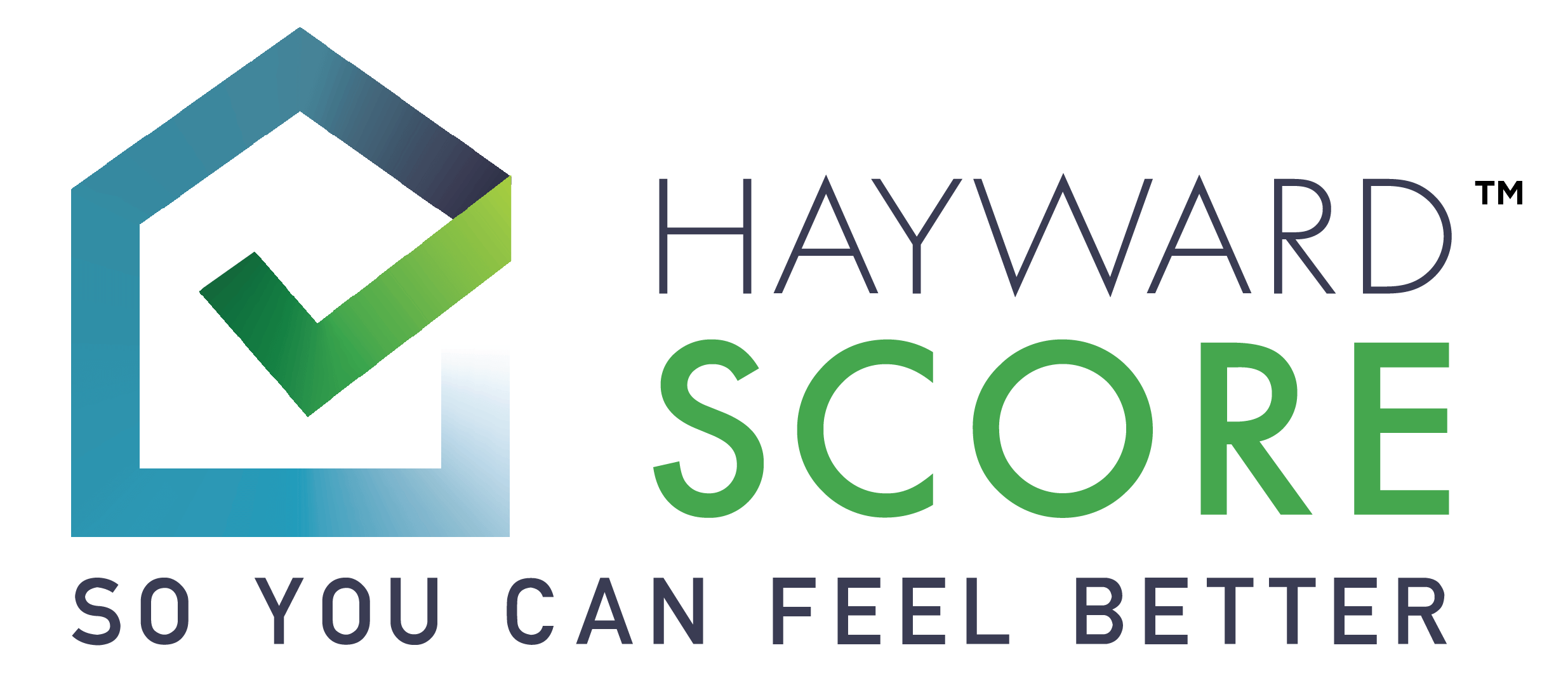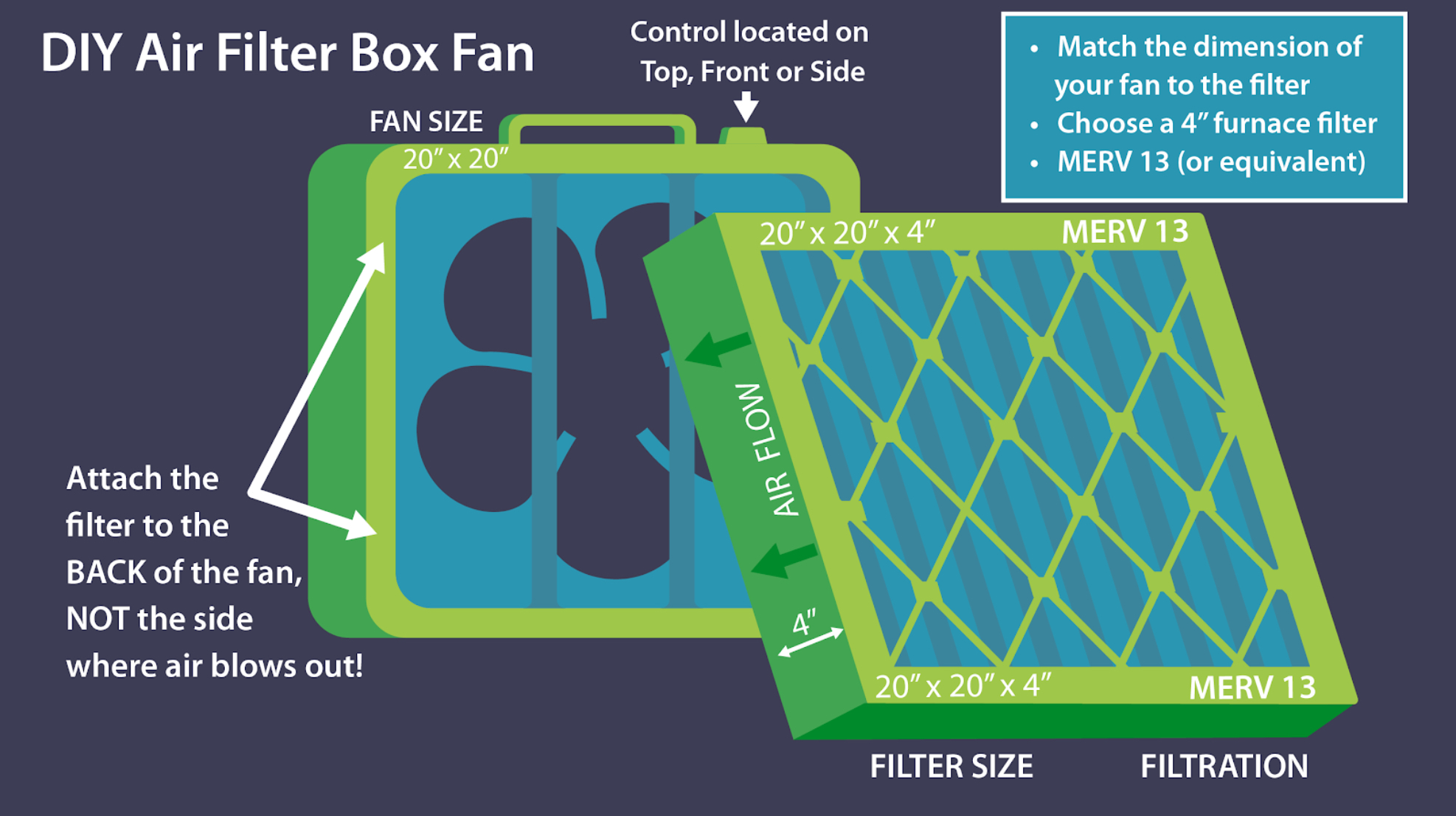For many people, a clean house equals a healthy house. But could cleaning actually be impacting your health in a negative way? The cleaning products we use could contain harmful chemicals we don’t know about.
A 2018 study published in the American Journal of Respiratory and Critical Care Medicine, it showed that using chemical cleaning products could harm female workers’ lungs as much as smoking a pack of cigarettes every day for 10 to 20 years. Women who use sprays and other cleaning products at home as little as once a week may also harm their lungs, although the study did not quantify the impact by comparison with smoking.
How does exposure to cleaners with harmful chemicals affect your health?
Links to new-onset asthma and aggravated asthma, wheezing, respiratory infections and irritation from exposure to chemical cleaners are well documented in the scientific literature. The study thought to be the first to assess occupational or domestic cleaning product exposure as it relates to the decline of lung function. Diminished lung function is a sign of lung disease or possible future development of the disease, which can be fatal.
Women face disproportionate exposures to the hazardous agents in cleaning products because – as this study and data from the U.S. Bureau of Labor Statistics, among others, supports – they are responsible for the majority of cleaning chores at home and represent the majority of the domestic cleaning workforce. While it is unlikely that a single, brief exposure to any one chemical will cause a health problem, cumulative exposure to the many different chemicals contained in the wide variety of household products that people use routinely can be more problematic.
How can you reduce your exposure to harmful chemicals?
- Avoid spray cleaners. If you do use them, spray into a cloth rather than directly on a surface, which helps reduce your inhalation of tiny cleaning solution droplets.
- Skip chemical cleaning products. Regular cleaning with non-fragranced soap and water or baking soda and water will remove typical household grime and keep mold levels in check.
- Opt for products labelled “fragrance-free.” Avoid products with added “fragrance” as they are likely to contain synthetic chemicals. Even products some labelled “unscented” can contain synthetic fragrances designed to mask odor. Read our blog on minimizing chemical exposure here.
- Abrasive sponges and microfiber tools are also effective alternatives to harsh chemicals.
Visit EWG’s Guide to Healthy Cleaning, which provides safety ratings for more than 2,500 products. This can help you make better choices for products to use at home. Learn more about reducing your exposure to harmful chemicals, and do proper chemical storage at home by reading our action plan here.
Hayward Score can help you discover what may be going on in your home in minutes! Simply answer a quick set of questions about your home developed by our healthy home experts, then get a personalized list of action items designed to help you address issues in your home. Start transforming your home today! Get your Hayward Score now.
Got more questions?
Getting to a healthy home can seem daunting, but it is possible and our experts are here to help! You can Ask an Expert, and one of our Hayward Score team members will contact you within 2 working days to schedule your call.
Hayward Score helps you discover how your home may be impacting your health in minutes – – for FREE!
Answer a quick set of questions then get a personalized list of action items. Transform your home and health today!

ARE YOU CONCERNED YOUR HOME IS MAKING YOU SICK?
Our guide on indoor quality will help you diagnose possible issues and implement intelligent solutions to improve the quality of the air inside your home.















